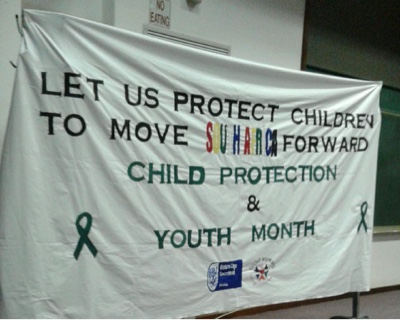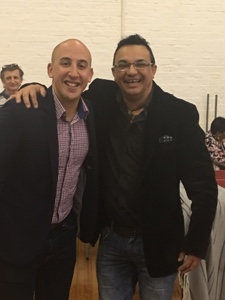We need an ambitious national reading campaign beyond the classroom.
Why are we not tackling our reading proficiency crisis as a nation? Why is there such crippling pressure only on the education sector to fix a national priority? We need to revisit our approach to the literacy problem in our country and the reading interventions we are investing in. According to the most recent studies, we are not progressing despite our efforts.
We have to acknowledge that the multiple, well- meaning but uncoordinated literacy interventions are not having the desired impact on our low literacy levels. We need a far more ambitious, coordinated, national reading campaign to have deep, long lasting effects. Cuba understood this fact when in 1961, this country successfully helped more than 100,000 rural people become literate in one year. The Cuban government and the literacy campaign leaders knew that mass education cannot be achieved without mass participation.
We too, have the manpower and other resources to action a sustainable, integrated national reading campaign. Look at how we stunned the world with our spectacular delivery of the 2010 FIFA Soccer World Cup. Our vision and our focus were razor sharp. We struck the right chord by fostering nation-building, national pride and social cohesion when we hosted the biggest sporting event in the world.
We enthused 70,000 people to clamber for the measly 18,000 volunteer jobs that were available. We trained the nation and police about service to tourists and we coached the uninitiated into the culture of soccer. Business promoted Bafana pride spontaneously by advocating Football Fridays. We had media hype and SA flag frenzy. We were proudly South African almost 24-7. We worked and learned together.
We can take these lessons to drive our national reading campaign. Everybody must come on board. We must awaken the reading coaches and the literacy teachers in government, the corporate sector with its millions of workers, labour, the mining sector, the farming sector and the unemployed. Then, together with the schools, the universities and the education ministry, we will raise the education levels of all our people, young and old. This is the face of batho pele -service to the people.
If we find this model far-fetched, our West African, Yoruba forefathers have this advice for us:
"The man who has bread to eat, does not appreciate the severity of a famine."
How do you see us fast tracking a national reading campaign?




Comments
Post a Comment